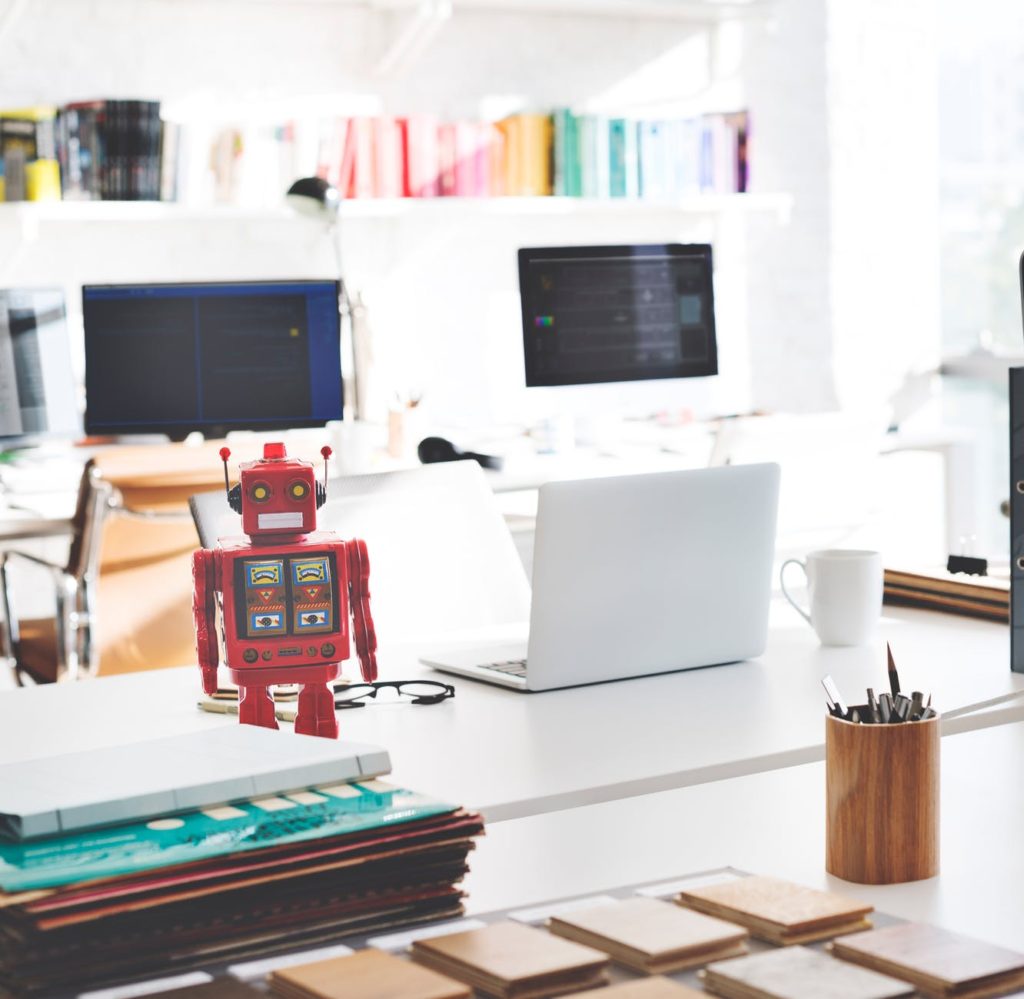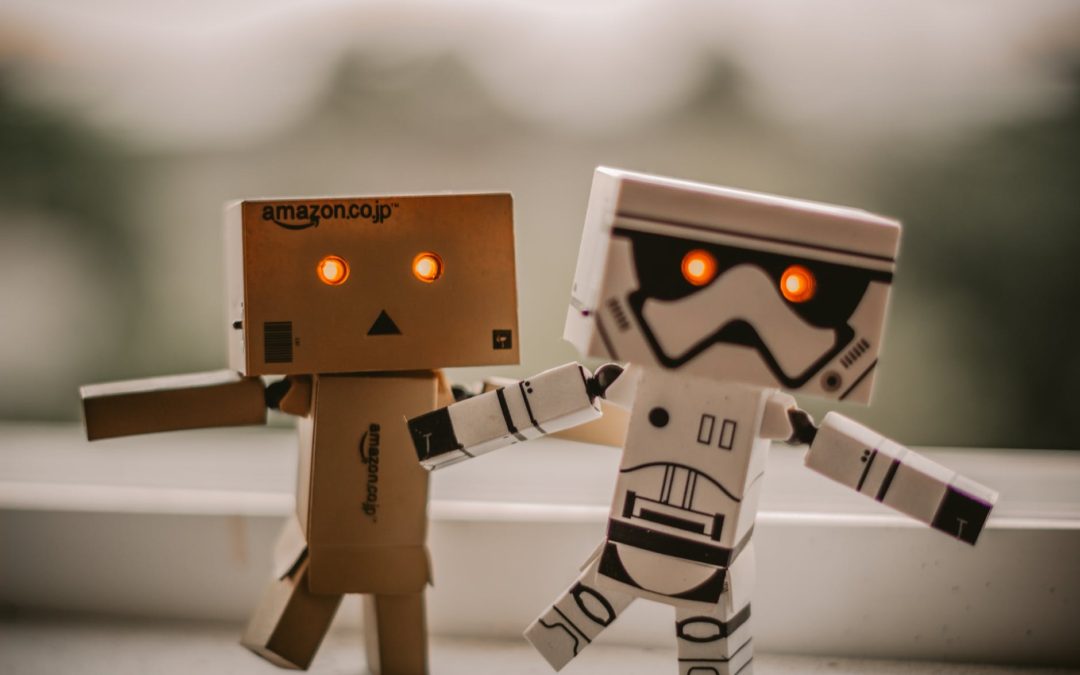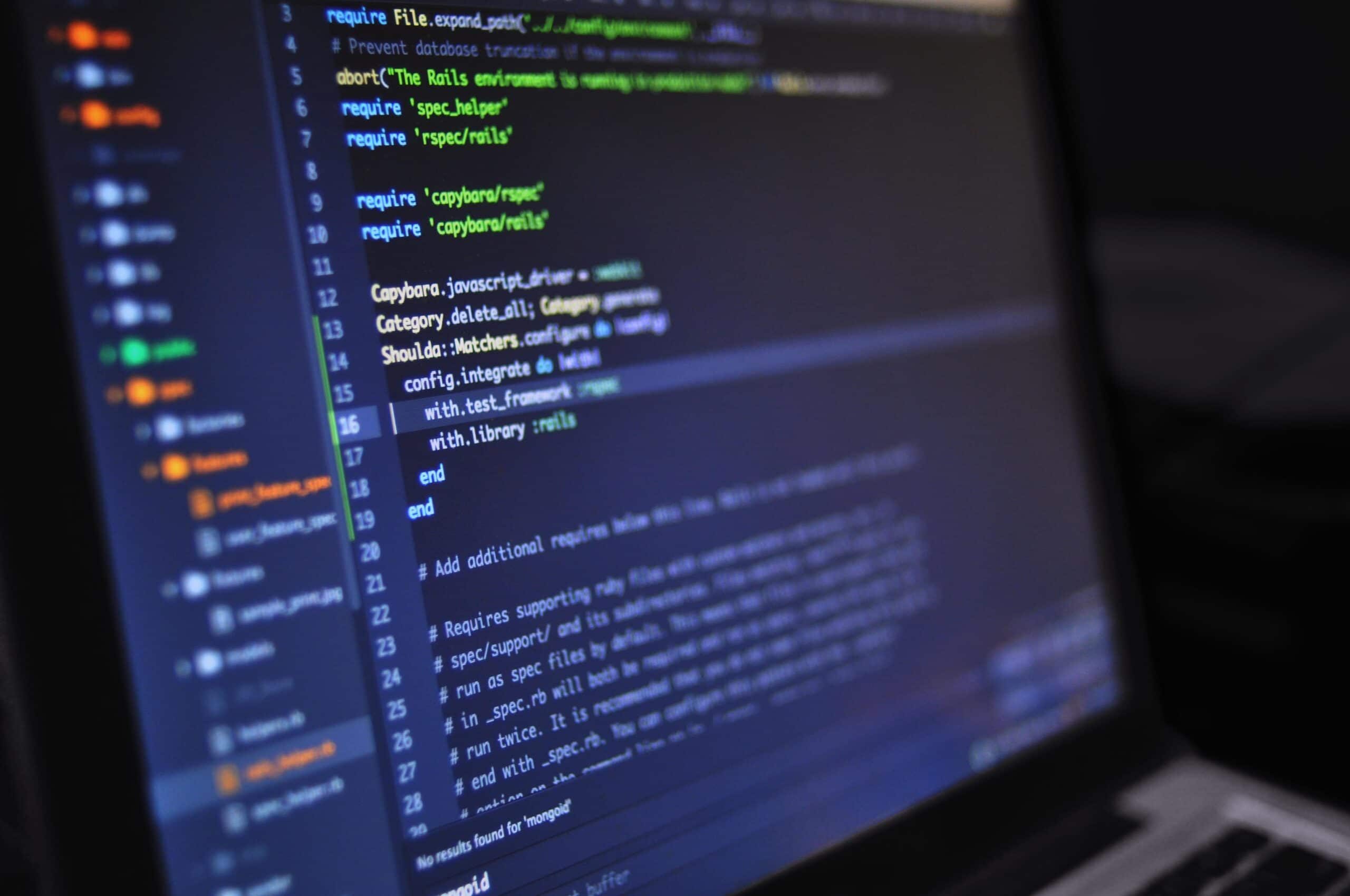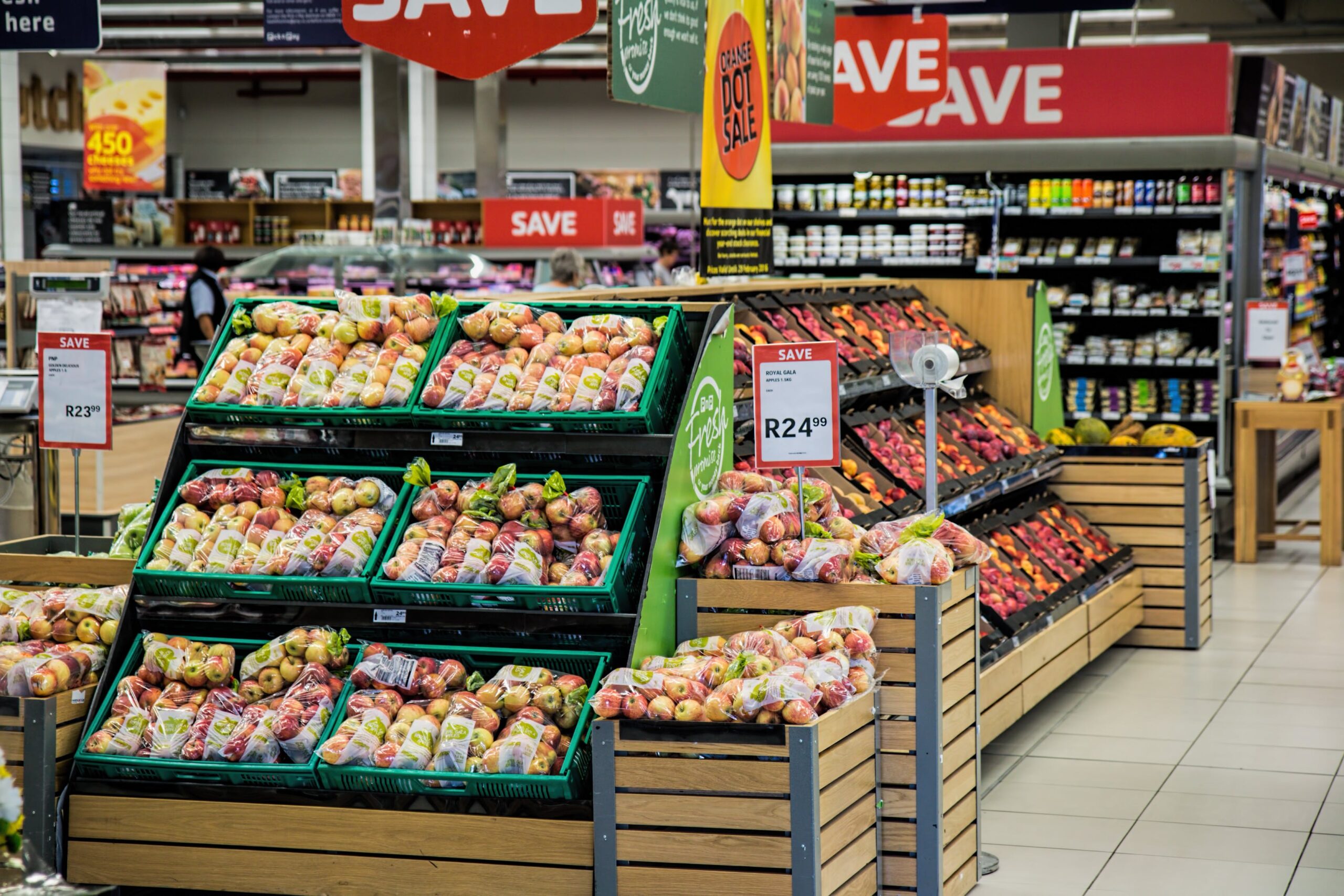For many retail businesses, artificial intelligence, namely machine learning, isn’t something that’s coming to the industry in the next decade. Some of the biggest companies operating in the industry – including Amazon, Walmart, and many others – already have AI systems in place to process customer data to help them sell more.
For example, last year, Jeff Bezos, the CEO of Amazon, wrote a letter to the company’s stakeholders that explained how they used AI to create a competitive advantage. Naturally, most of the attention went to Alexa, but we also found out that the company spent quite a lot of time on using machine learning to analyze purchasing patterns and determine fraudulent purchases. Moreover, Bezos also shared that the company utilized customer browsing and buying data to provide them with personalized promotion and product recommendations.
That sounds about right: Amazon is fantastic at analyzing purchasing patterns because every time I visit the site, I get interesting, and, most importantly, relevant product recommendations. However, product recommendations are just a tip of the iceberg because machine learning can do so much more.
So, with the machine learning revolution in progress in retail, how exactly it will continue to impact the industry? Should smaller companies also join giants like Amazon in the pursuit of business insights provided by machine learning?
We’ll try to answer these questions here.
The Amazing Algorithm
I’ve recently come across this Economist article that I thought provided a glimpse into the future of retail business. Otto, a German retailer, was struggling with a problem of additional shipping costs and delays. The company sold products from other brands, so they had no warehouse to store them before shipping. To make a long story short, delays, as well as returns, were a usual thing for them.
According to the article, some of Otto’s customers even returned products they bought from the company after they “spotted the product in a shop for one euro less.” Needless to say, the company needed a quick and effective solution to predict future buying behavior, which was done by humans.
So, Otto’s management invested in the creation of a machine leaning-powered system which, although initially designed for particle-physics experiments, did a fantastic job at predicting what the customers bought a week before they ordered. The algorithm was able to make predictions of what will be sold within a month with 90 percent accuracy (!)

As a result, the brand was able to improve the effectiveness of its existing processes profoundly.
So I guess that the main takeaway here is that small businesses should also explore machine learning and its benefits. As the story of Otto shows, Amazon and other retail giants aren’t the only ones already benefitting from the technology.
So what are other impacting ways to use machine learning in retail?
Machine Learning in Retail: Use Cases
1. Dynamic Pricing
Machine learning algorithms process a lot of data collected from customers, but their functionality is not limited to personalized product recommendations and predicting what products will be bought. As we already know from the story of Otto above, many customers are very price-sensitive, e.g., they’re looking for the best prices and are willing to return a product if they find a lower price for it.
Machine learning can help retailers to check and continuously monitor the prices of competitors to automatically match them or even offer a lower price, so the customers get the best possible deal.
“You’ve probably seen deals that offer “The best price guarantee” or something like that – this is often used by companies in the hotel industry,” says Jamie Chapman, a data analyst from Trust My Paper. “Chances are that’s the work of machine learning algorithms.”
2. Fashion Trend Analysis
Without a doubt, machine learning will be a disruptive force when business models based on it will emerge. For fashion retailers, collecting social media data such as likes and comments will be tremendously important because it will help them to identify their interests and the hottest trends.
Of course, machine learning makes this task much more comfortable by processing tons of data within minutes. The results of this analysis can help to make relevant offers for specific customers as well as identify what’s selling.
No wonder there’s evidence that many of the well-known fashion brands are starting to use artificial intelligence; for example, Inditex, the world’s largest clothing retailer and an owner of the Zara brand, has recently formed a partnership with technology companies to be able to utilize the benefits of machine learning and keep up with the competition.

3. Inventory Management
As we already know, demand prediction is something that machine learning can help with, and this is also the first step in the process of inventory management. Once the level of demand has been determined, a brick-and-mortar retail store can resupply to ensure that the needed number of products is available to meet it.
Predicting too little or too much imposes additional preventable expenses for retailers, but, thankfully, they have lots of data, which is exactly what machine learning models and algorithms needed to generate a sound prediction.
4. Check-out Free Shopping
Another use for brick-and-mortar stores is quickly gaining interest, especially after the opening of Amazon Go, the checkout-free grocery store. Apparently, AI and machine learning can help to cut waiting time in retailer checkout lines by analyzing data provided by smart shelf sensors and cameras, which is undoubtedly something that a lot of people will appreciate.
According to Retail Gazette, in addition to Amazon, such international retail companies as JD.com and Alibaba also have their concepts of unmanned convenience stores so the revolution might be coming sooner than we think.
Is Machine Learning the Future of Retail?
Machine learning can change the way we shop as well as dramatically enhance the existing approach to customer data analysis, inventory management, and price setting. It’s inevitable that giant companies like Amazon and smaller ones like Otto can benefit from the technology in a big way, so the pace of adoption is likely to accelerate in the next years, as more and more companies study the benefits of machine learning.







